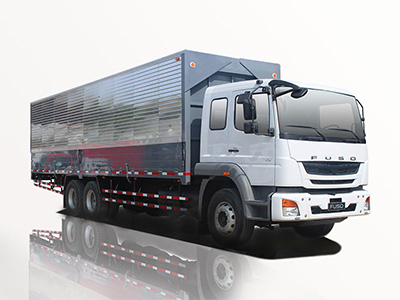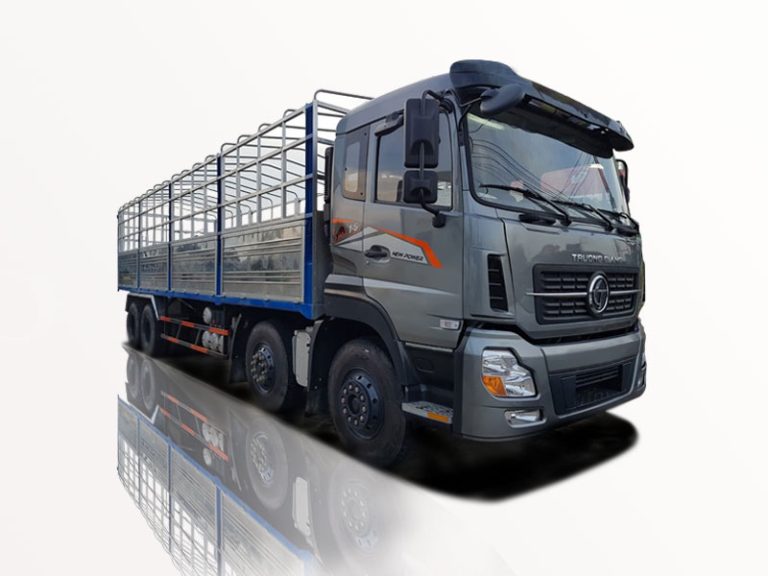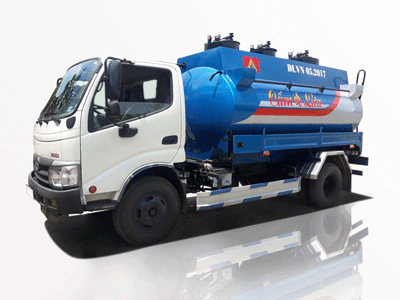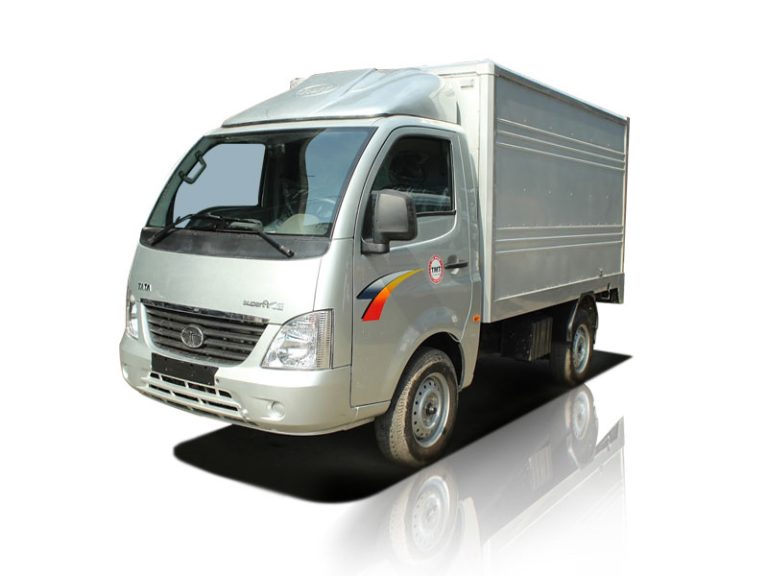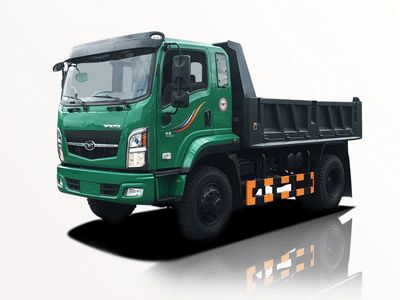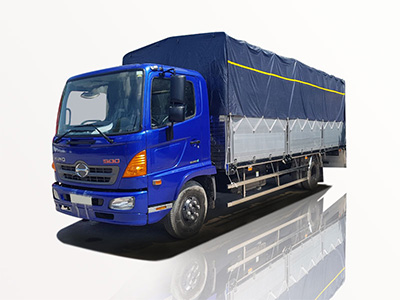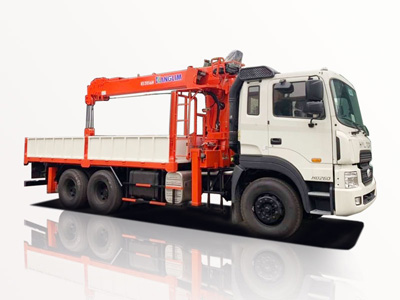Introduction
Front loader dump trucks are essential in the construction and transportation industries, serving a vital role in moving heavy materials with efficiency and ease. These versatile machines combine the capabilities of a front loader and a dump truck, allowing operators to dig, lift, and transport materials all in one vehicle. This article explores the various aspects of front loader dump trucks, including their features, benefits, types, and operational tips, making it a must-read for industry professionals and enthusiasts alike.
Understanding Front Loader Dump Trucks
What is a Front Loader Dump Truck?
A front loader dump truck is a hybrid machine that combines the features of a front-end loader and a dump truck. This type of vehicle is equipped with a bucket at the front that can scoop up materials, while the rear portion of the vehicle is designed to dump those materials once they reach their destination. This functionality makes it invaluable for construction sites, mines, and other industries requiring the movement of heavy loads.
Key Components of Front Loader Dump Trucks
Front loader dump trucks consist of several critical components that contribute to their function:
- Front Bucket: Used for scooping and lifting materials.
- Chassis: Provides the framework and stability needed for heavy loads.
- Hydraulic System: Powers the lifting and dumping mechanisms.
- Dump Bed: The rear section designed to hold and unload materials.
- Engine: Supplies power for all operations.
The Benefits of Using Front Loader Dump Trucks
Increased Efficiency
The primary advantage of front loader dump trucks is their efficiency. By eliminating the need for multiple machines, such as a separate loader and dump truck, operators can save time and reduce operational costs.
Versatility
These trucks can handle various materials, including dirt, gravel, sand, and debris, making them ideal for different job sites.
Improved Mobility
Front loader dump trucks are designed for maneuverability. Their compact size allows them to operate in tight spaces, which is often a requirement on construction sites.
Enhanced Safety Features
Modern front loader dump trucks come equipped with advanced safety features, such as backup cameras, stability control, and advanced braking systems, which enhance operator and site safety.
Types of Front Loader Dump Trucks
Articulated Front Loader Dump Trucks
Articulated models feature a pivot point that allows the front and rear sections of the truck to move independently. This design enhances maneuverability, making them suitable for uneven ground.
Rigid Frame Front Loader Dump Trucks
Rigid frame models have a solid structure without a pivoting point. They are typically more stable and can carry heavier loads but are less maneuverable than articulated options.
Mini Front Loader Dump Trucks
Mini models are designed for smaller projects or tight spaces. They retain many capabilities of full-sized trucks while offering greater flexibility for urban and residential applications.
Choosing the Right Front Loader Dump Truck
Consider Your Project Needs
Evaluate the specific requirements of your project, such as the types of materials you will move, the size of the worksite, and weight capacities. For instance, if you’re working on a small residential project, a mini front loader dump truck might be the optimal choice.
Assess Weight and Capacity
| Truck Type | Weight Capacity | Typical Uses |
|---|---|---|
| Articulated | 15-25 tons | Construction; earthmoving |
| Rigid Frame | 20-40 tons | Mining; heavy-duty construction |
| Mini | 5-10 tons | Landscaping; small projects |
Evaluate Brand and Model
Research different brands and models, focusing on factors such as reliability, customer service, and warranty options. Popular brands include Caterpillar, Volvo, and Komatsu, each known for their quality and innovation in the industry.
Operational Tips for Using Front Loader Dump Trucks
Pre-Operational Checks
Always perform a thorough pre-operation check to ensure your truck is in safe working condition. This includes inspecting hydraulic systems, brakes, tires, and the overall structural integrity of the unit.
Optimal Loading Techniques
When loading materials into the front bucket, ensure to distribute the load evenly and avoid overloading. Keep the load as low as possible while moving to maintain stability.
Safe Dumping Practices
When dumping materials, position the truck on level ground when possible, and ensure that the area is clear of personnel. Utilize proper dumping angles to ensure a smooth and complete unloading process.
Regular Maintenance
Adhere to a regular maintenance schedule to prolong the life of your front loader dump truck. This includes checking and changing fluids, lubricating moving parts, and monitoring tire wear.
The Future of Front Loader Dump Trucks
Advancements in Technology
As technology progresses, front loader dump trucks are becoming increasingly equipped with automation and AI capabilities, improving safety and efficiency on job sites.
Sustainability Trends
Manufacturers are focusing on energy-efficient models that reduce emissions and fuel consumption. Electric and hybrid models are emerging as viable alternatives in the market.
Real-World Applications of Front Loader Dump Trucks
Construction
In construction, front loader dump trucks are essential for moving materials like sand and gravel. They play a crucial role in digging foundations, landscaping, and clearing debris.
Mining
In the mining sector, these trucks are used to transport mined materials from the extraction site to processing areas efficiently, reducing operational downtime.
Waste Management
Front loader dump trucks are widely used in waste management to gather and transport waste from collection points to disposal facilities or recycling centers.
Frequently Asked Questions (FAQs)
1. How much can a front loader dump truck carry?
The carrying capacity varies by model, ranging from 5 tons for mini trucks to over 40 tons for heavy-duty rigid frame models.
2. What types of materials are suitable for front loader dump trucks?
They can handle a variety of materials, including dirt, gravel, rocks, debris, and even liquids, depending on the truck’s configuration and payload capabilities.
3. How often should I perform maintenance on my front loader dump truck?
Conduct routine inspections daily and follow the manufacturer’s maintenance schedule for comprehensive service, including oil changes and hydraulic fluid checks.
4. Are there safety features available on modern front loader dump trucks?
Yes, modern models come equipped with features such as backup cameras, automatic braking systems, and load sensors to enhance safety on the job site.
5. Can I rent a front loader dump truck for small projects?
Yes, many equipment rental companies offer front loader dump trucks, making it cost-effective for smaller projects without the need for a long-term investment.
6. What is the average cost of a front loader dump truck?
The cost varies widely based on size, brand, and features but typically ranges from $40,000 for a used model to over $200,000 for a new, fully equipped truck.
